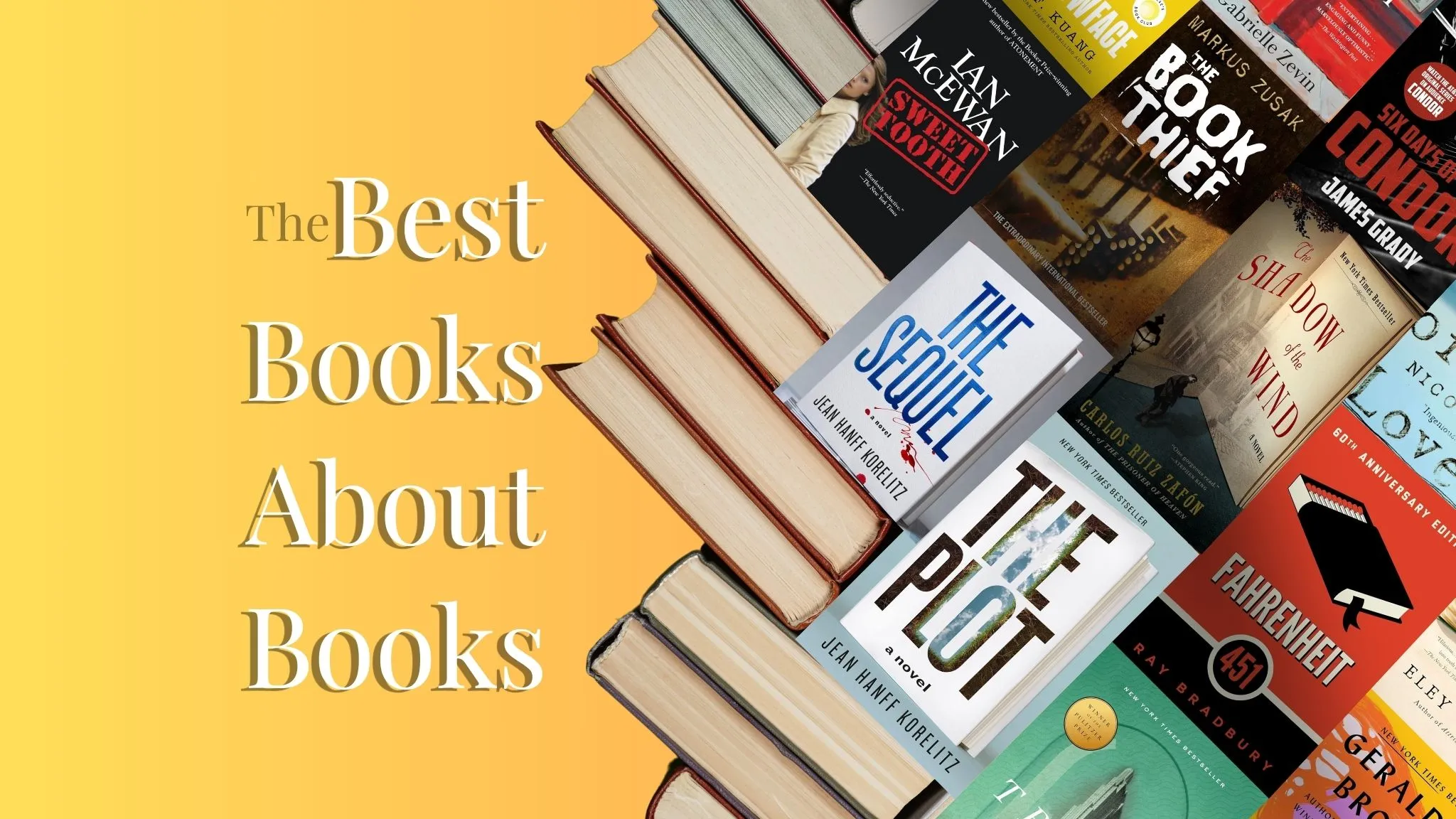Maybe I’m prejudiced. But isn’t that the right of anyone evaluating books? It’s about what you like. Or don’t.
In the case of author Jean Hanff Korelitz, I’m indeed prejudiced. That’s because The Plot, her ingenious thriller in which a bestselling book becomes a matter of life or death, is one of my favorite reads of all time.
And I’m not alone. When it came out in 2021, Stephen King called it “one of the best novels I’ve ever read about writers and writing.” There’s more high praise from the New York Times, Wall Street Journal, Washington Post, Malcolm Gladwell, Elin Hilderbrand and Riley Sager, to name a few more sources.
So when I heard Korelitz had written a sequel to The Plot, aptly named The Sequel and debuting October 1, I sought out my Advanced Reader Copy as fast as I could.
In The Sequel, Anna Williams-Bonner has taken care of her husband, bestselling novelist Jacob Finch Bonner, and laid to rest accusations of plagiarism that so tormented him. As a literary widow, she is enjoying her husband’s royalty checks in perpetuity, but for the second time in her life, a work of fiction intercedes, and this time it’s her own debut novel.
The Plot and The Sequel, which Publishers Weekly calls “a satirical depiction of the publishing industry’s ego parade,” got us thinking about other books in which books, in a manner of speaking, become “main characters.”
So if you like books (and if you are on this site, I know you do), take a gander at my very prejudiced list of 12 books about books fueled by the upcoming launch of Korelitz’s latest. Add to the list The Plot and The Sequel, which can take their rightful place on any shelf alongside these winners and some of my personal favorites.
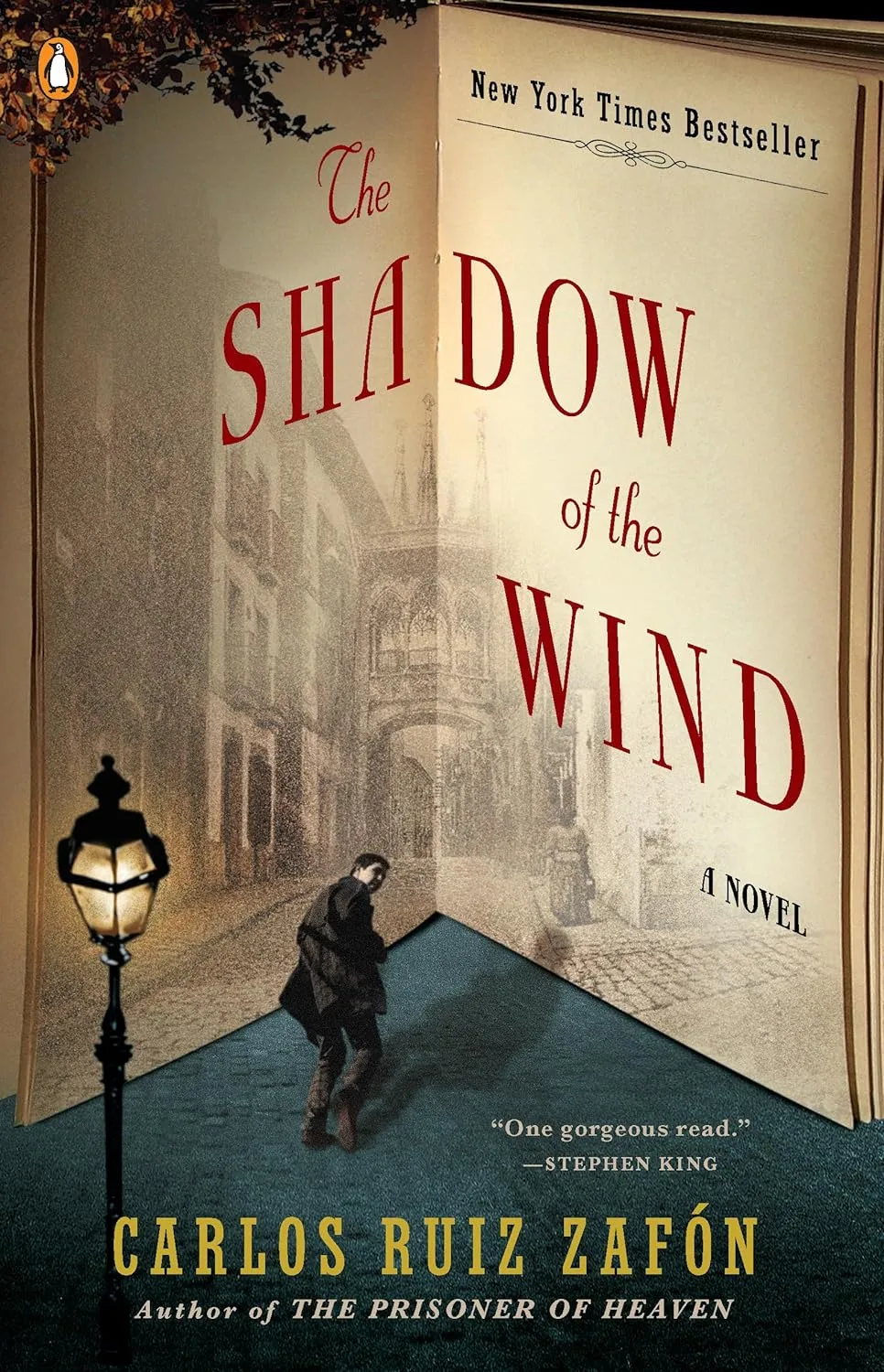
The Shadow of the Wind by Carlos Ruiz Zafon
In this classic, as Barcelona in 1945 slowly heals in the aftermath of the Spanish Civil War, Daniel, an antiquarian book dealer’s son who mourns the loss of his mother, finds solace in a mysterious book entitled The Shadow of the Wind by Julián Carax. But when he sets out to find the author’s other works, he learns that someone has been systematically destroying every copy of every book Carax has written.
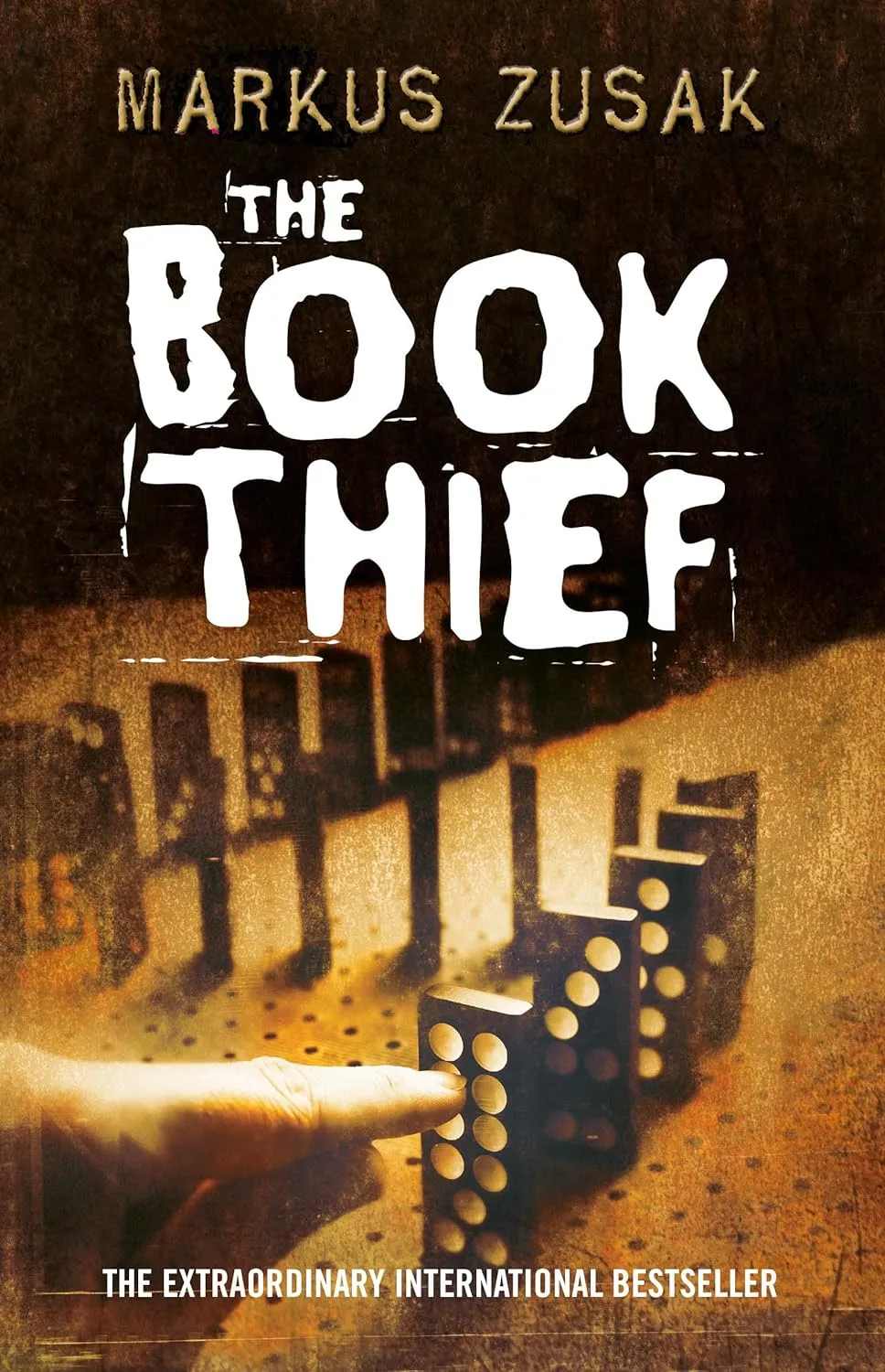
The Book Thief by Markus Zusak
This is an unforgettable story about the ability of books to feed the soul, nominated as one of America’s best-loved novels by PBS’s The Great American Read. It is 1939. Nazi Germany. Liesel Meminger is a foster girl living outside of Munich, who scratches out a meager existence for herself by stealing when she encounters something she can’t resist — books. With the help of her foster father, she learns to read and shares her stolen books with her neighbors during bombing raids as well as with the Jewish man hidden in her basement. Markus Zusak has given us one of the most enduring stories of our time.
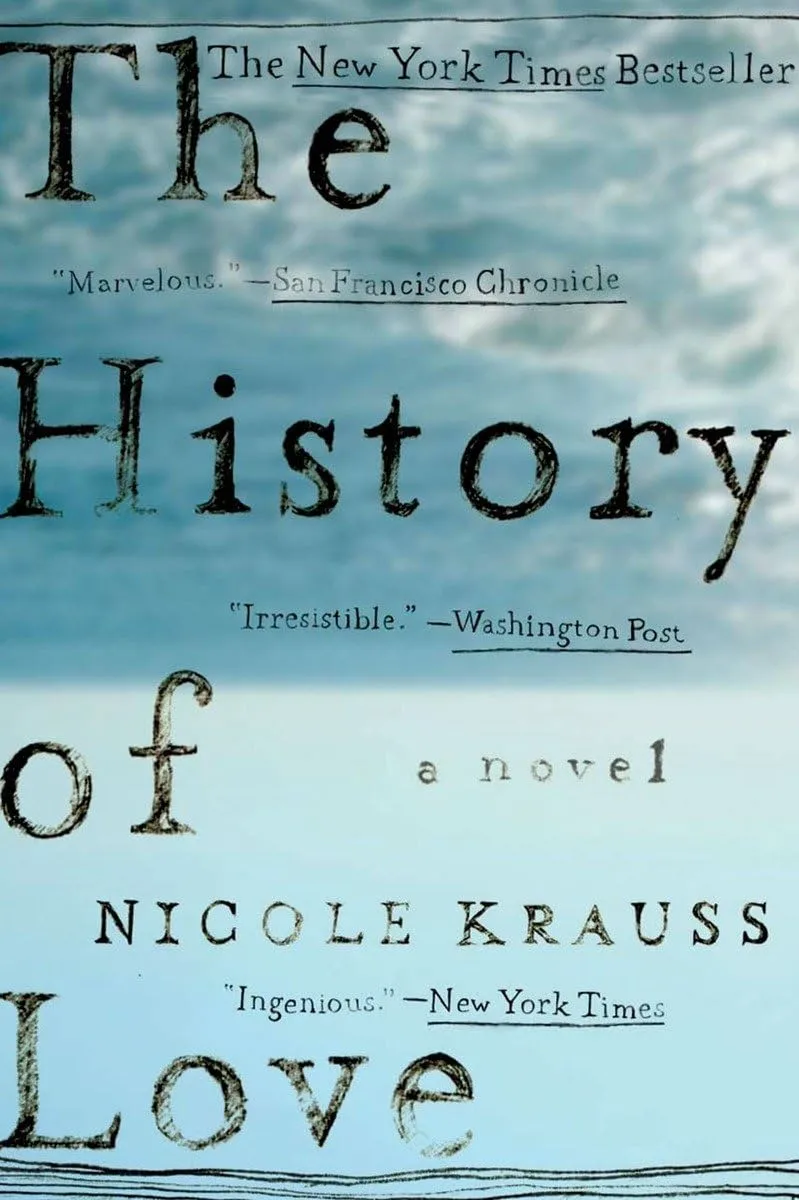
The History of Love by Nicole Krauss
In this brilliant and touching story, 14-year-old Alma Singer tries to find a cure for her mother’s loneliness. Believing she might discover it in an old book her mother is lovingly translating, she sets out in search of its author. Across New York, an old man called Leo Gursky is trying to survive a little bit longer. He spends his days dreaming of the lost love who, 60 years ago in Poland, inspired him to write a book. And although he doesn’t know it yet, that book is crossing oceans and generations, and changing lives.
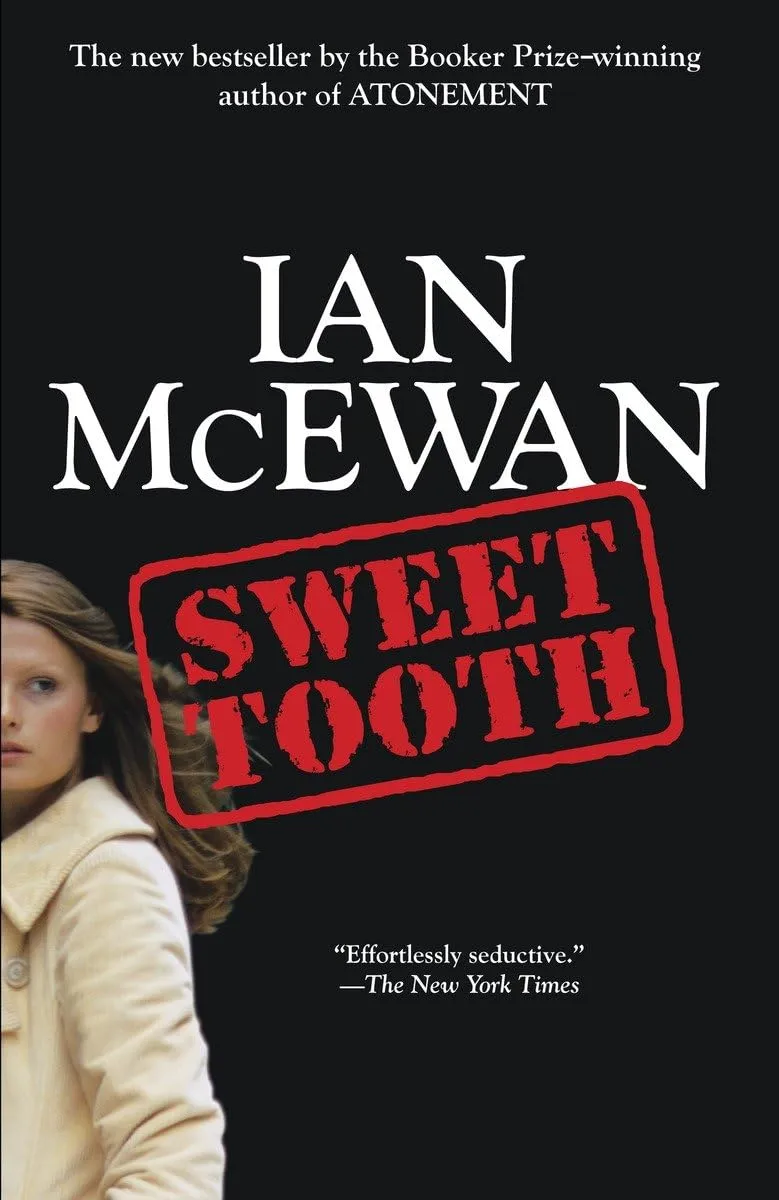
Sweet Tooth by Ian McEwan
It’s the 1970s, the Cold War is in full throttle, and British intelligence concocts a minor propaganda campaign (called Sweet Tooth) with the intent of subsidizing authors whose writing depicts the West in a favorable light. In an attempt to monitor writers’ politics, MI5 tasks Serena with infiltrating the literary circle of author Tom Healy. But soon matters of trust and identity subvert the operation.
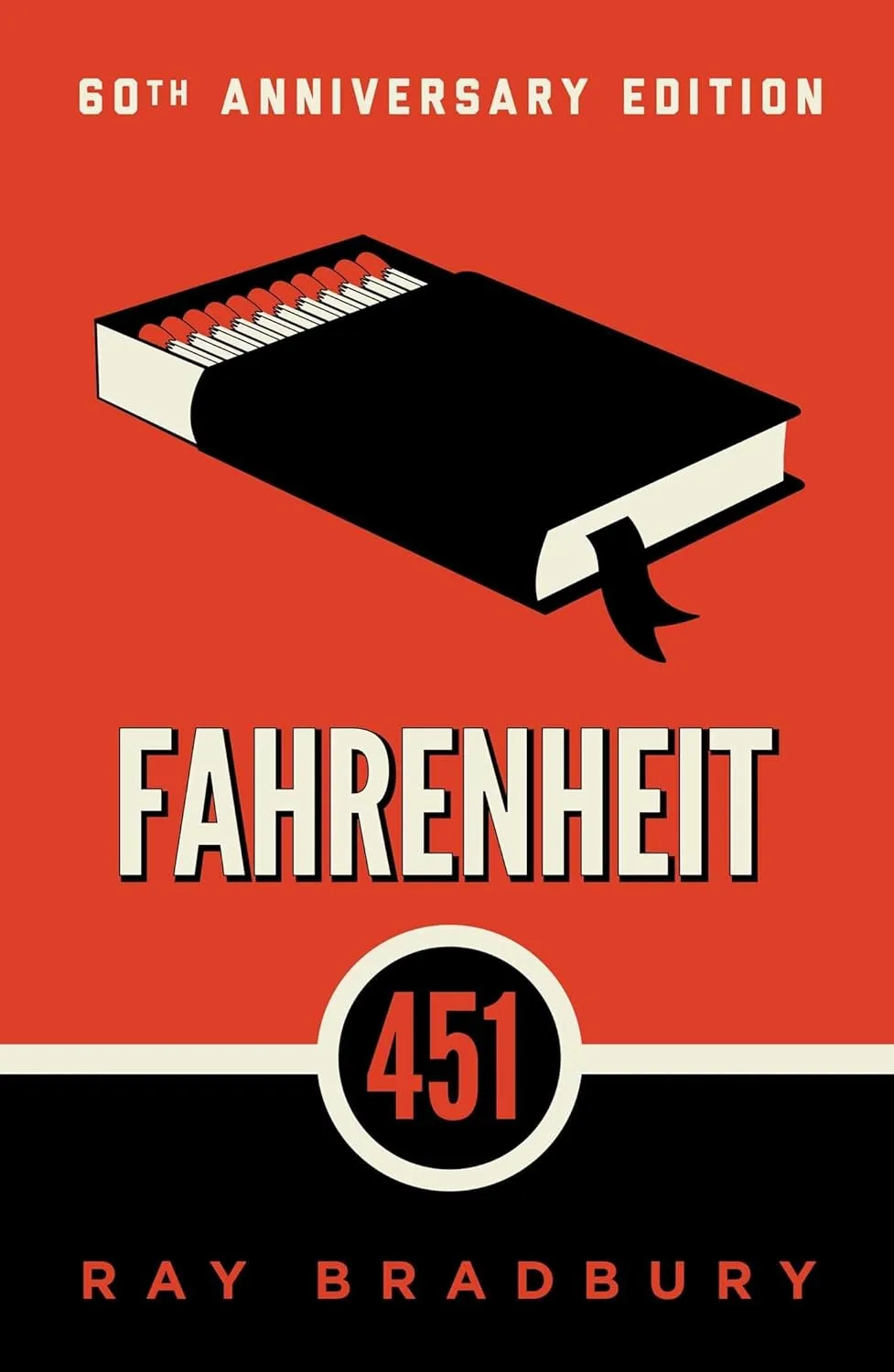
Fahrenheit 451 by Ray Bradbury
Nearly seventy years after its original publication, Ray Bradbury’s internationally acclaimed novel about a society bent on destroying every book in print stands as a classic of world literature set in a bleak, dystopian future. Today its message has grown more relevant than ever.
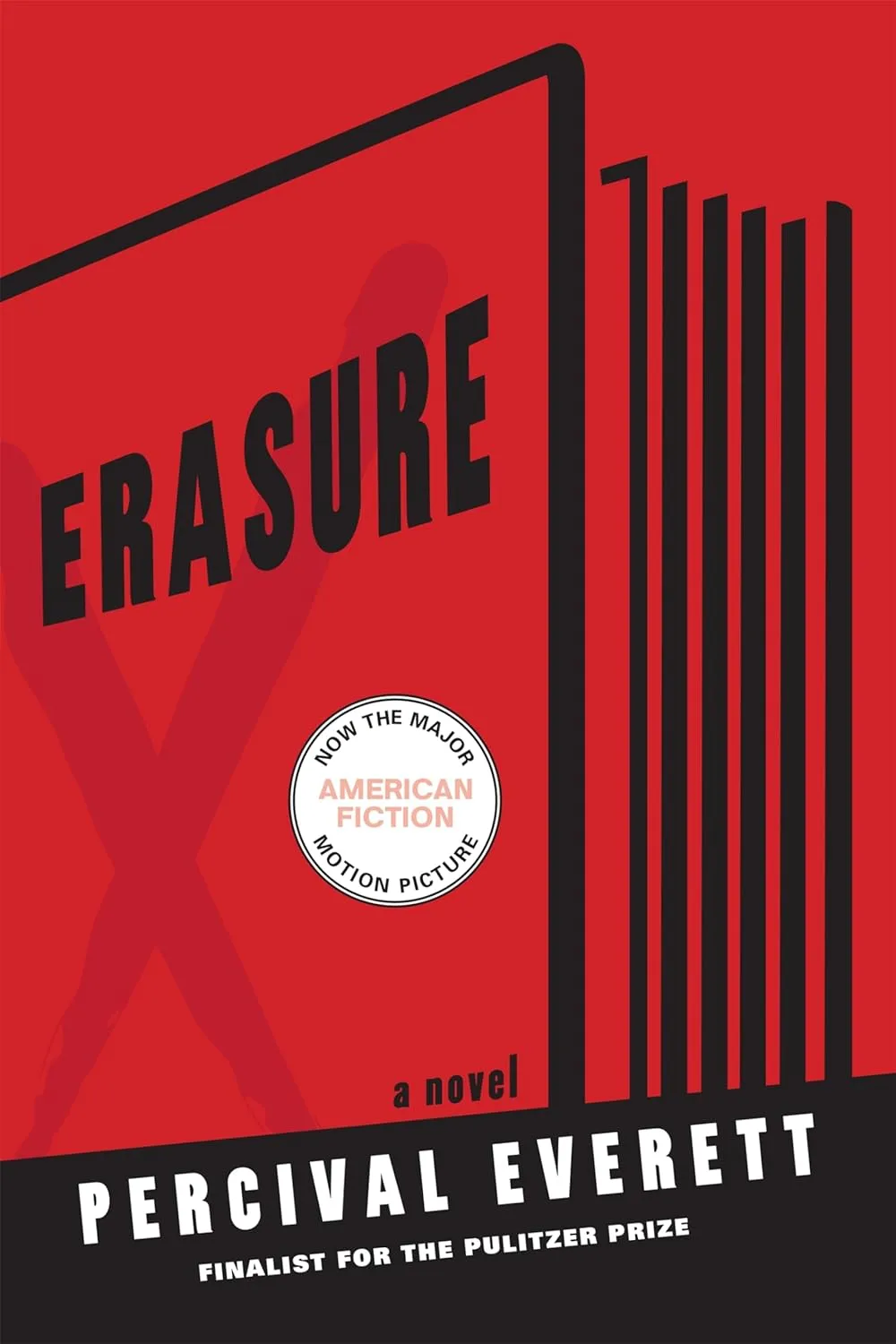
Erasure by Percival Everett
You’re just as likely to recognize this book from its adaption as the award-winning film “American Fiction.” It’s the story of Thelonious “Monk” Ellison, whose writing career has bottomed out. He seethes on the sidelines of the literary establishment as he watches the meteoric success of We’s Lives in Da Ghetto, a first novel by a woman who once visited “some relatives in Harlem for a couple of days.” In his rage and despair, Monk dashes off a novel meant to be an indictment of Juanita Mae Jenkins’s bestseller. He doesn’t intend for My Pafology to be published, let alone taken seriously, but it is ― and, wouldn’t you know it, soon it becomes the Next Big Thing.
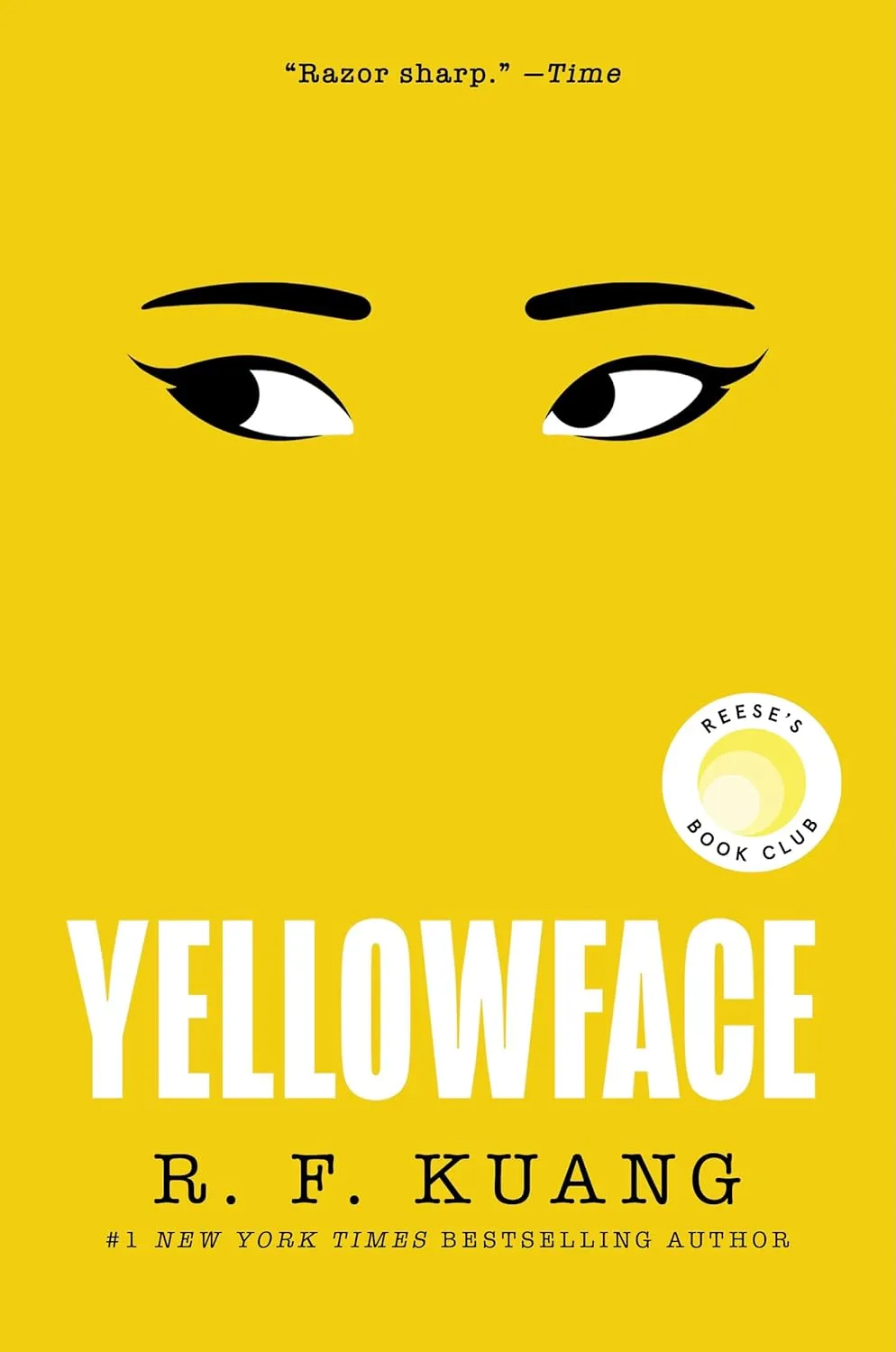
Yellowface by R.F. Kuang
Bestselling sensation Juniper Song is not who she says she is, she didn’t write the book she claims she wrote, and she is most certainly not Asian American — in this chilling and hilariously cutting novel. Another novel within a novel, full of white lies, dark humor and deadly consequences, good enough for Reese to make it a book club selection.
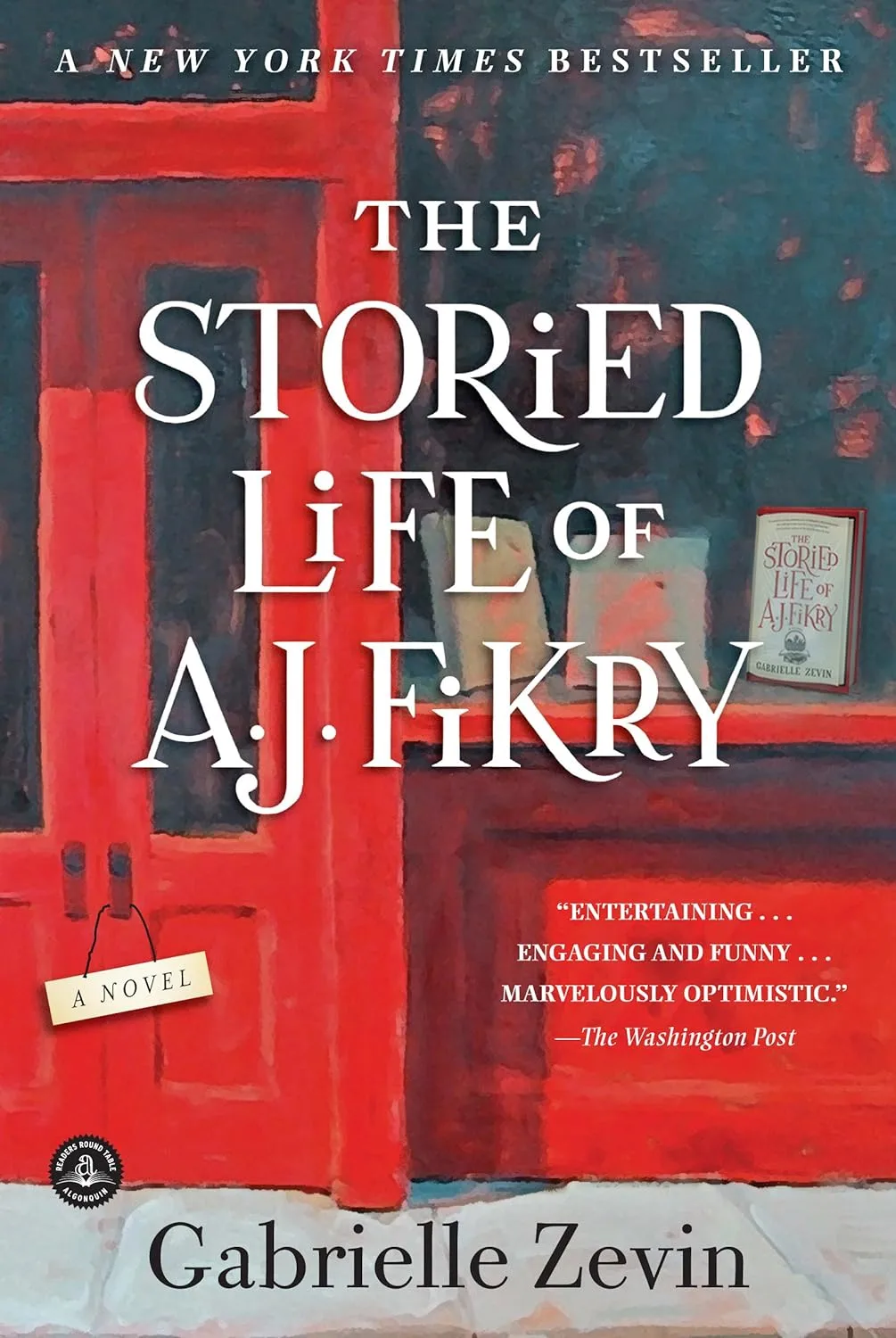
The Storied Life of A. J. Fikry by Gabrielle Zevin
A.J. Fikry, owner of Island Books — the only bookstore on Alice Island — has already lost his wife. Now his most prized possession, a rare book, has been stolen from right under his nose. The store itself will be next to go. One night upon closing, he discovers a toddler in his children’s section with a note from her mother pinned to her Elmo doll: “I want Maya to grow up in a place with books and among people who care about such kinds of things. I love her very much, but I can no longer take care of her.” A search for Maya’s mother, A.J.’s rare book, and good childcare advice ensues, but it doesn’t take long for the locals to notice something strange is happening.
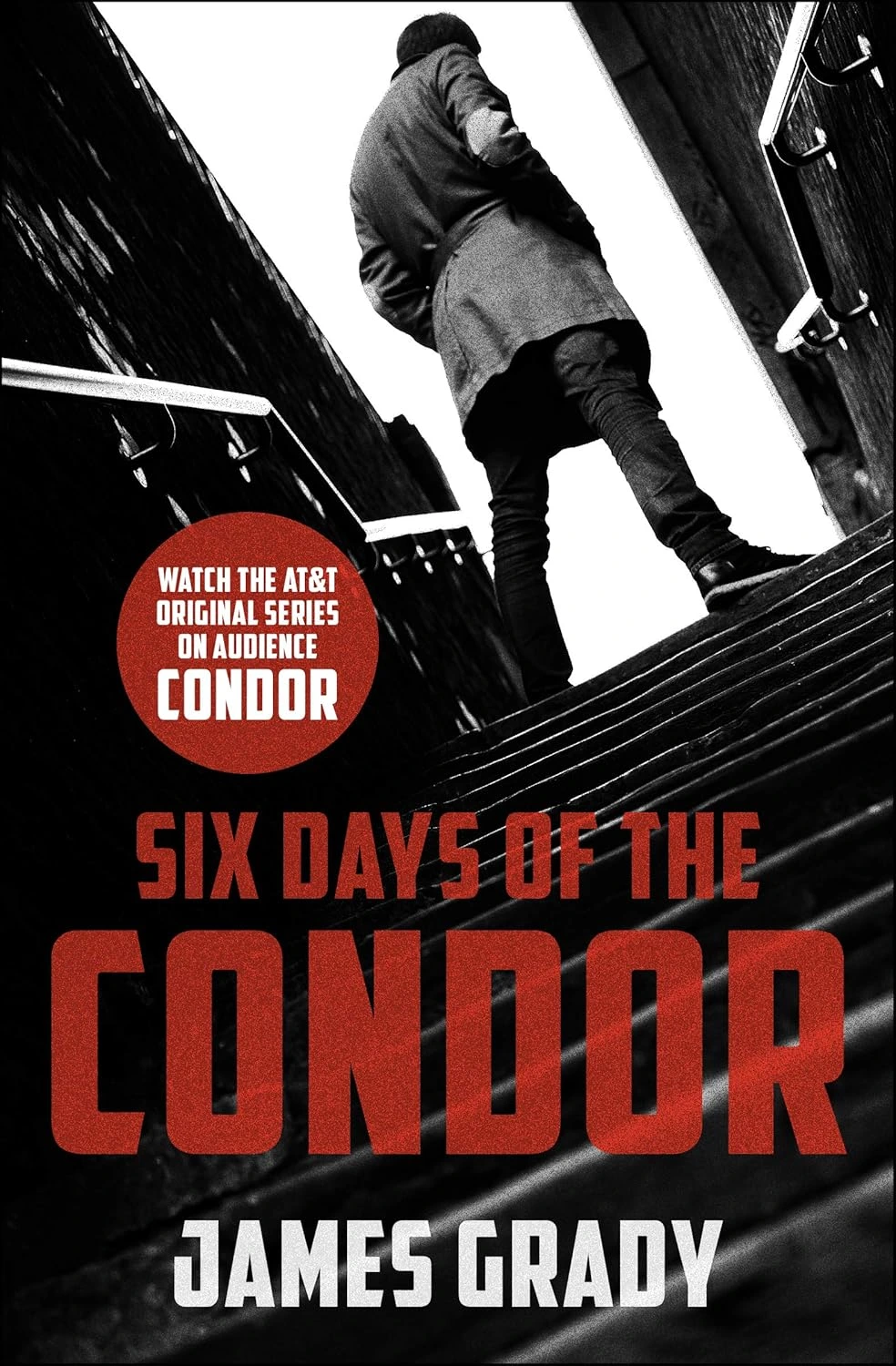
Six Days of the Condor by James Grady
You might be thinking: Movie. Robert Redford. And you’re right. Ronald Malcolm is a reader for the American Literary Historical Society. The society is actually a backwater of the Central Intelligence Agency, where Malcolm and a few other bookworms comb mystery novels for clues that might unlock real-life diplomatic questions. One of his colleagues has learned something he wasn’t meant to know — that a sinister conspiracy has penetrated the CIA, and gunmen at their door are its representatives.
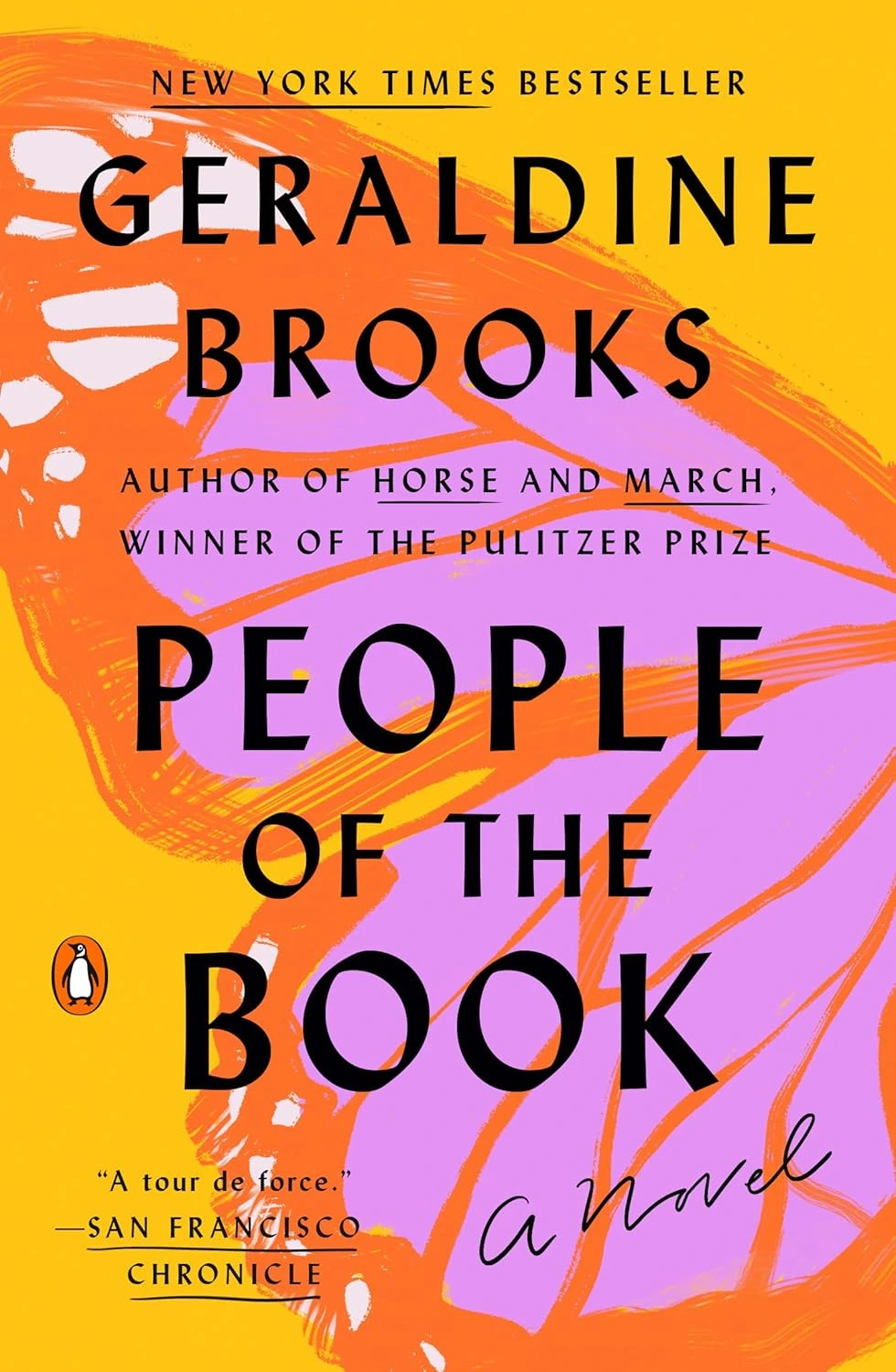
People of the Book by Geraldine Brooks
The journey of a rare, illuminated prayer book through centuries of war, destruction, theft, loss, and love. Inspired by a true story, this is a novel of sweeping historical grandeur and intimate emotional intensity that traces the harrowing journey of the famed Sarajevo Haggadah, a beautifully illuminated Hebrew manuscript created in 15th-century Spain. When it falls to Hanna Heath, an Australian rare-book expert, to conserve this priceless work, the series of tiny artifacts she discovers in its ancient binding begin to unlock its deep mysteries and plunges Hanna into the intrigues of fine art forgers and ultra-nationalist fanatics.
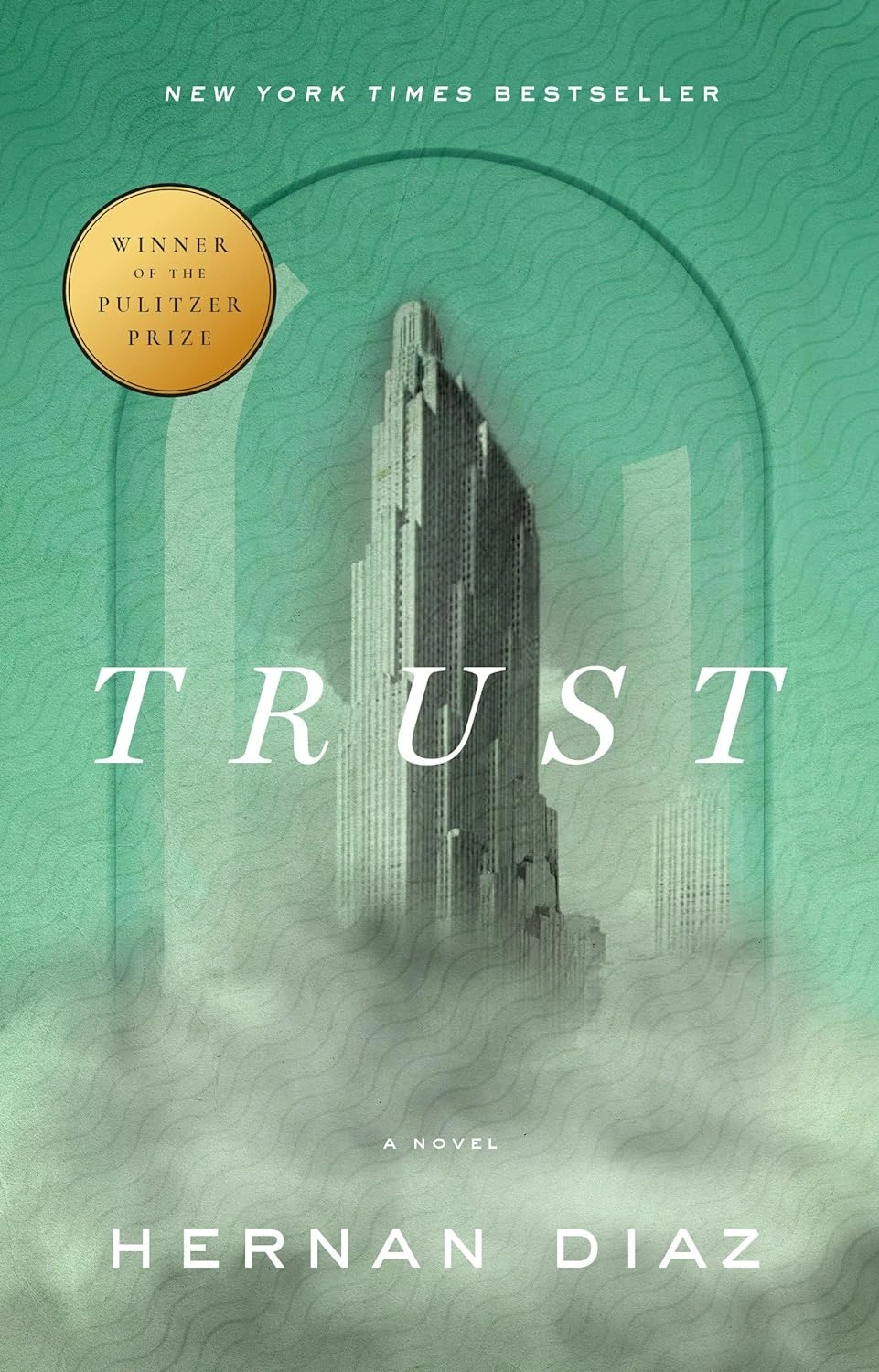
Trust by Hernan Diaz
Called “a riveting story of class, capitalism and greed.” Even through the roar and effervescence of the 1920s, everyone in New York has heard of Benjamin and Helen Rask. He is a legendary Wall Street tycoon; she is the daughter of eccentric aristocrats. Together, they have risen to the very top of a world of seemingly endless wealth — but at what cost? This is the mystery at the center of Bonds, a successful 1937 novel that all of New York seems to have read. Yet there are other versions of this tale of privilege and deceit.
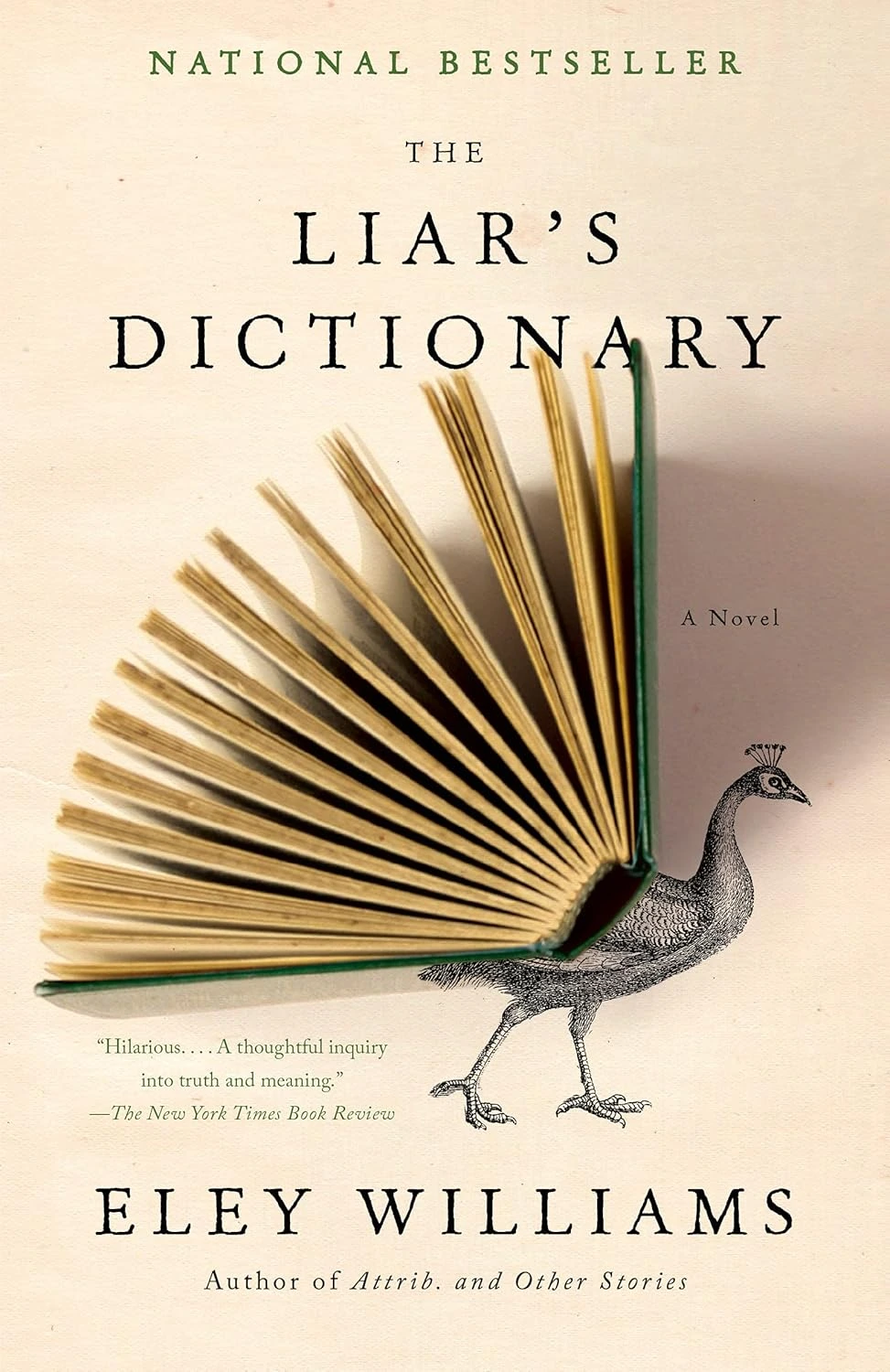
The Liar’s Dictionary by Eley Williams
Ok, we’re counting a dictionary as a book, right? Says the New York Times, “You wouldn’t expect a comic novel about a dictionary to be a thriller too, but this one is.” This book chronicles the charming misadventures of a lovelorn Victorian lexicographer and the young woman put on his trail a century later to root out his misdeeds while confronting questions of her own sexuality and place in the world.
Read the original article here



